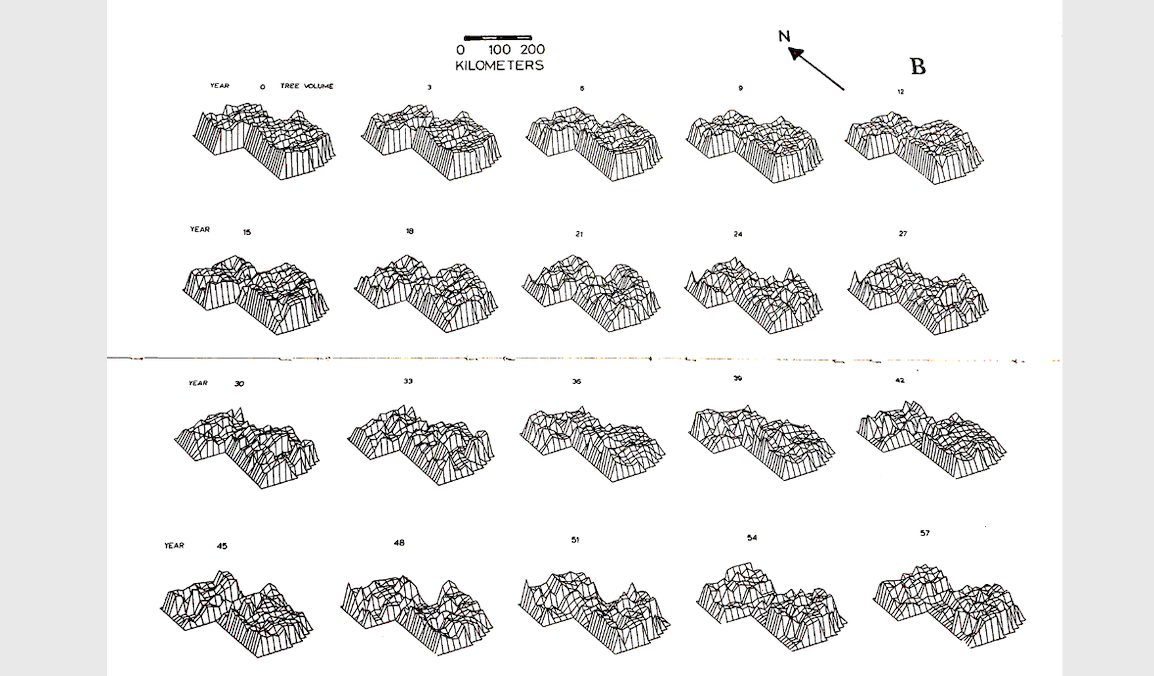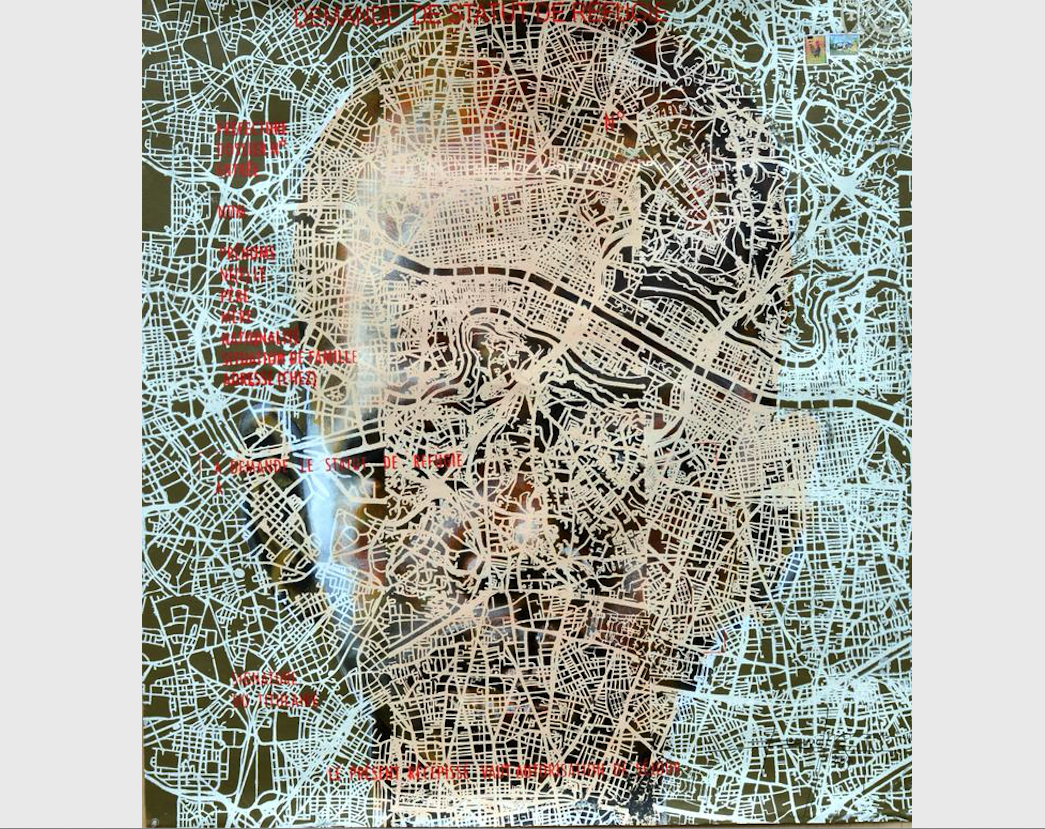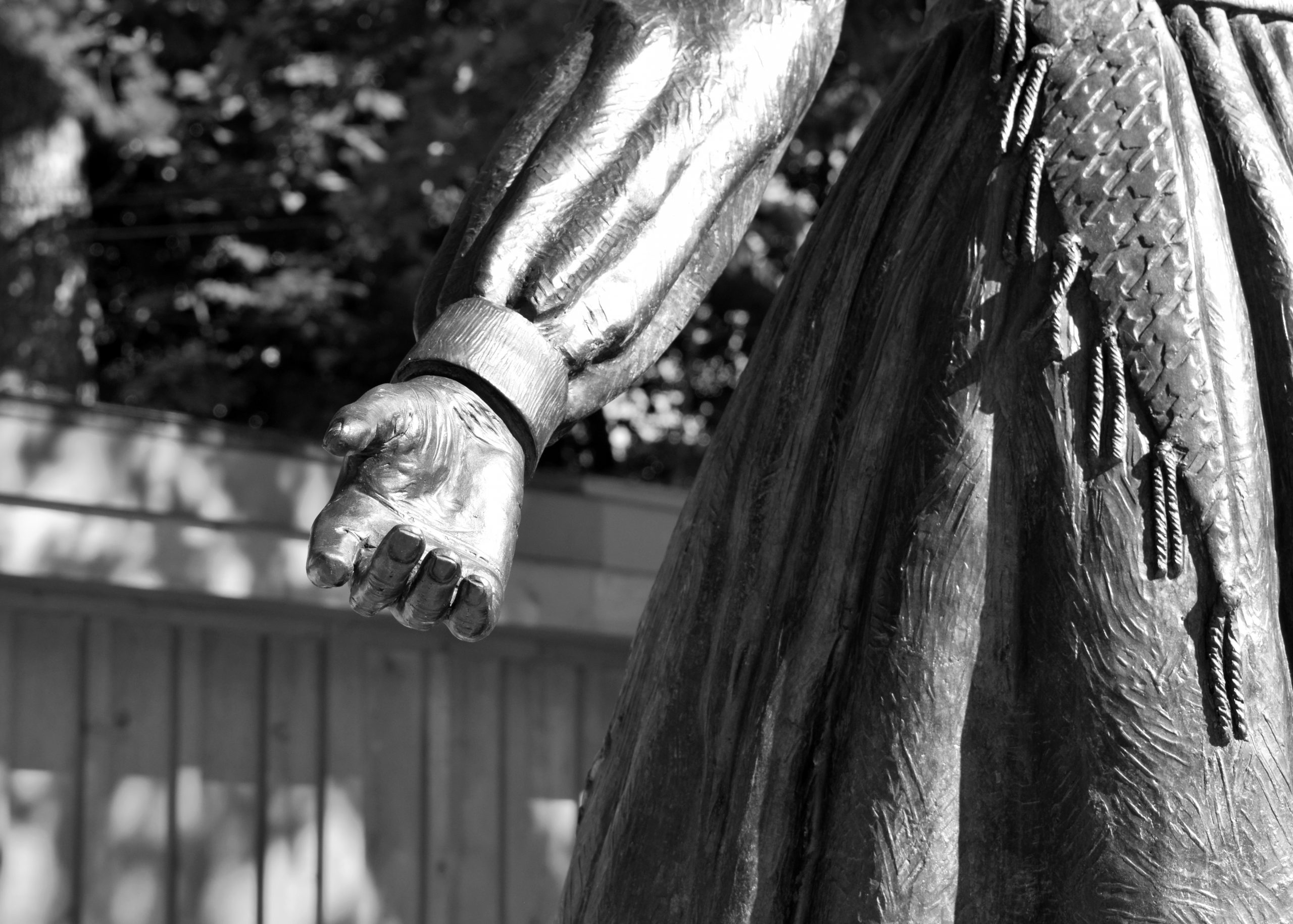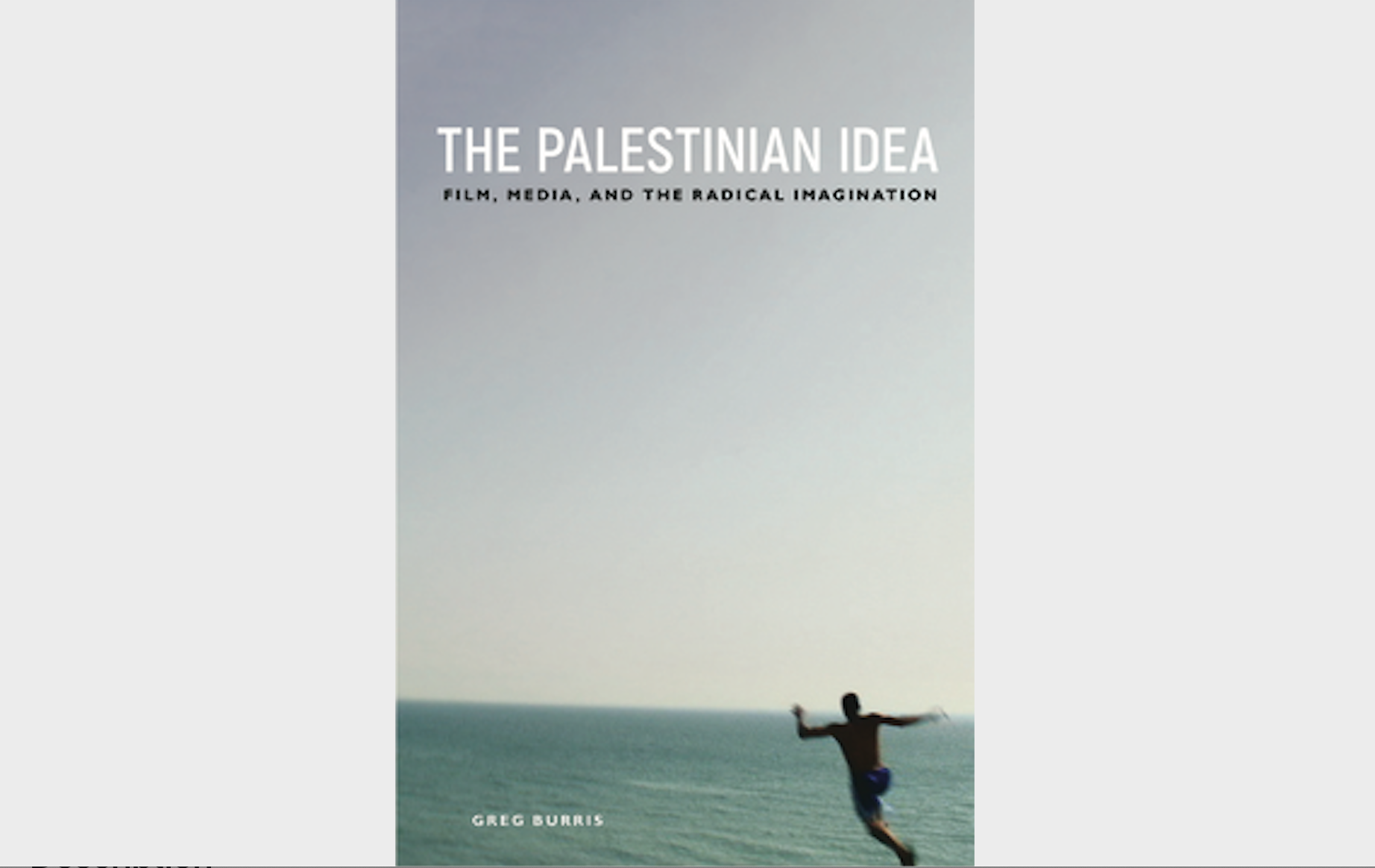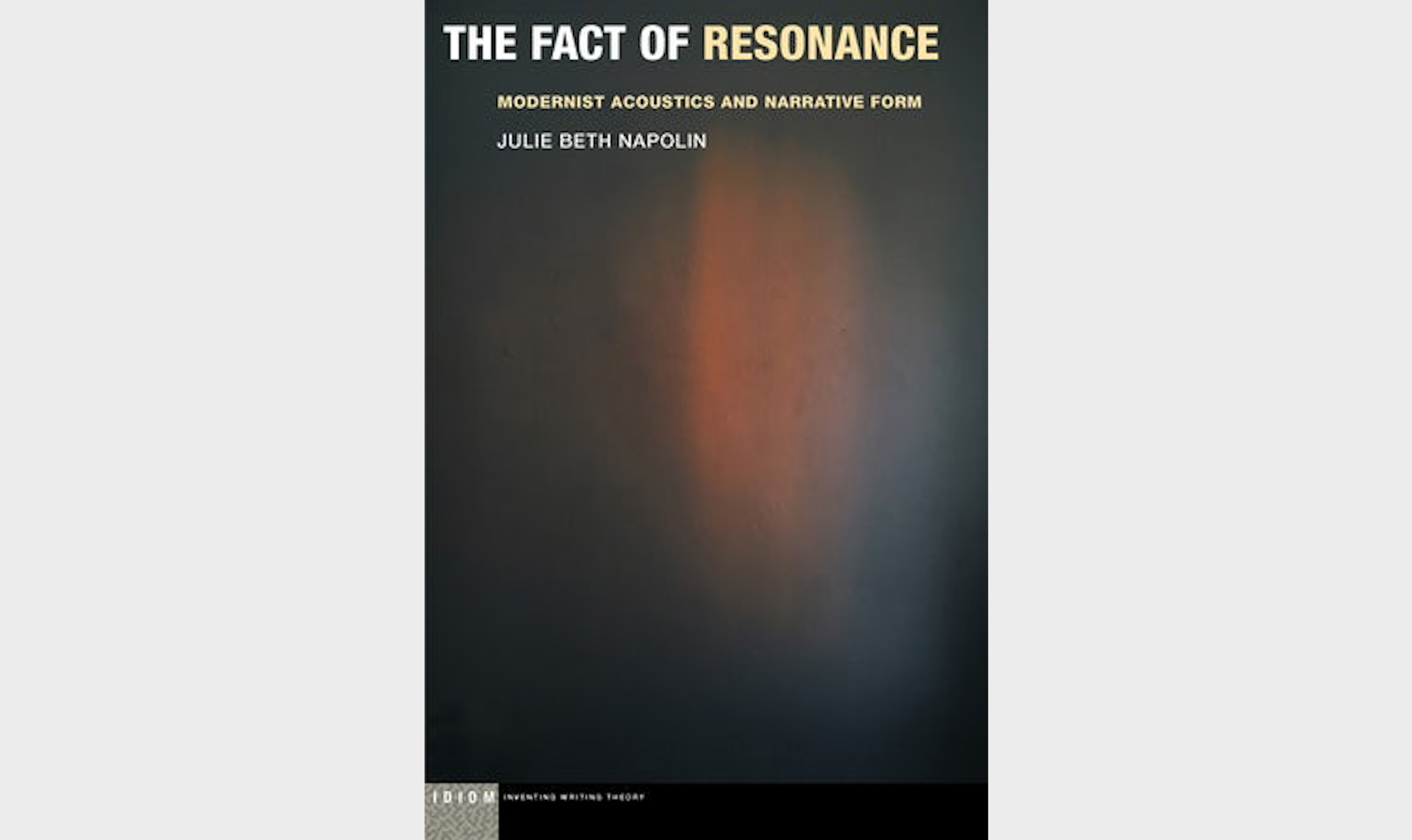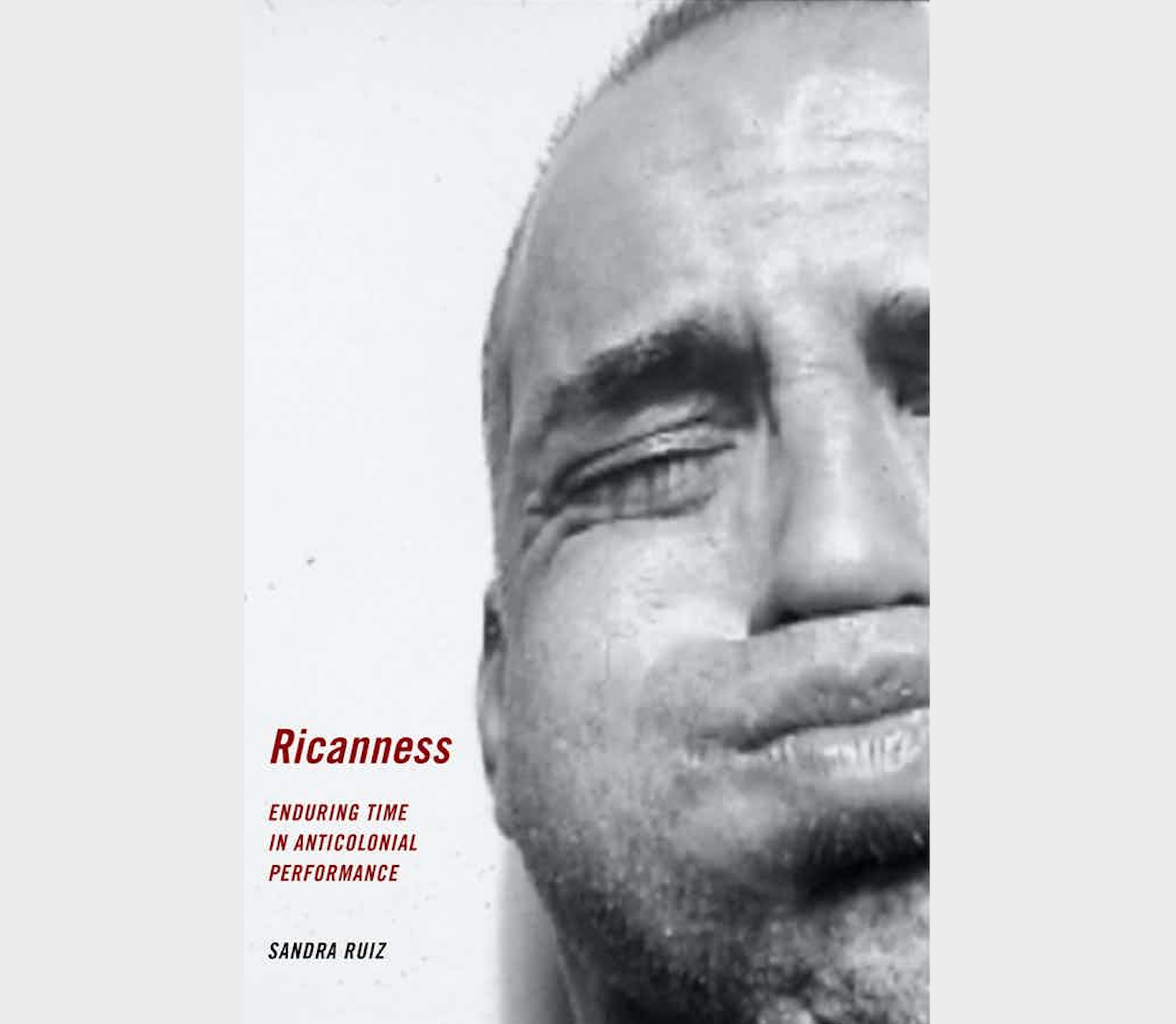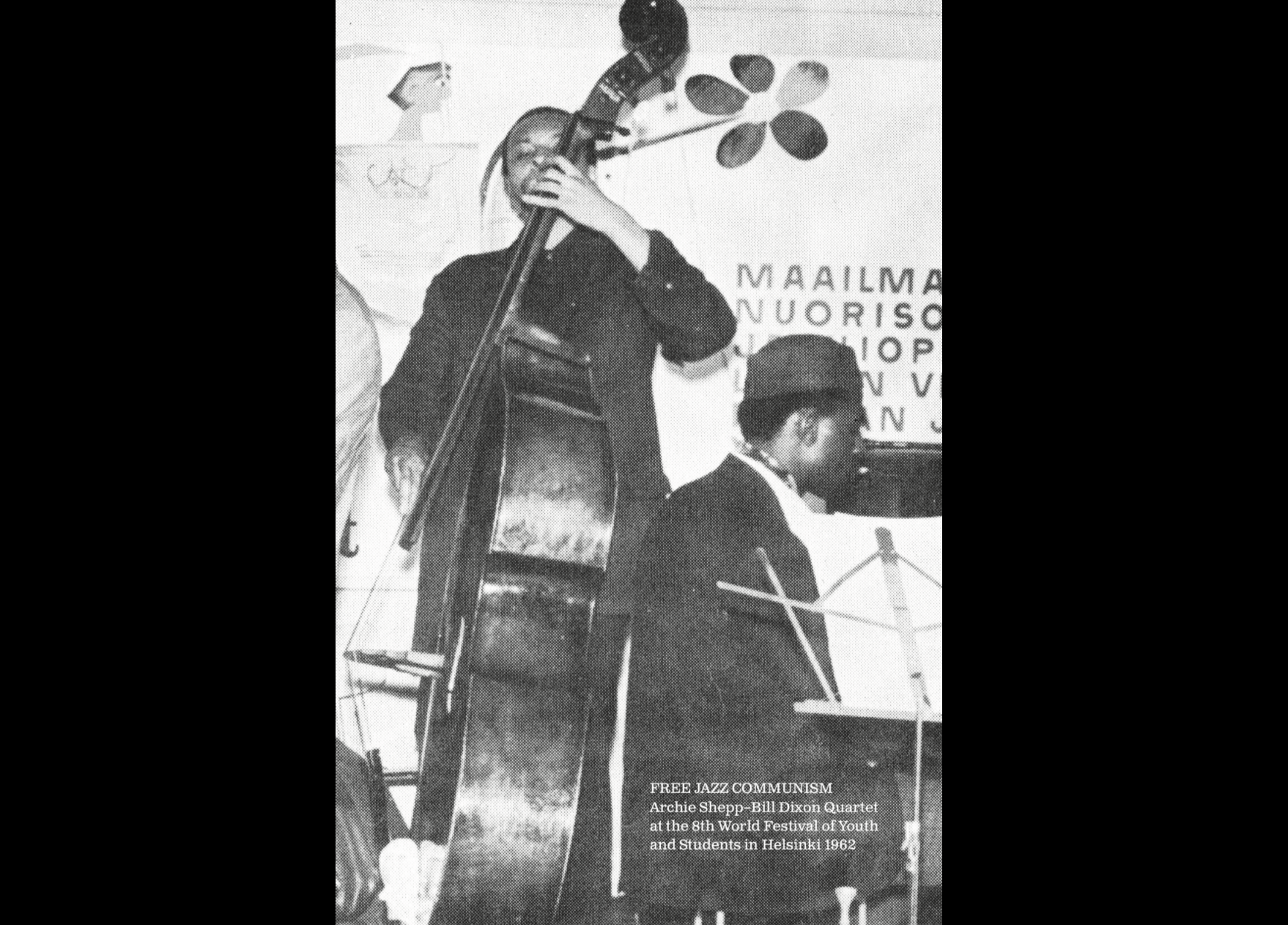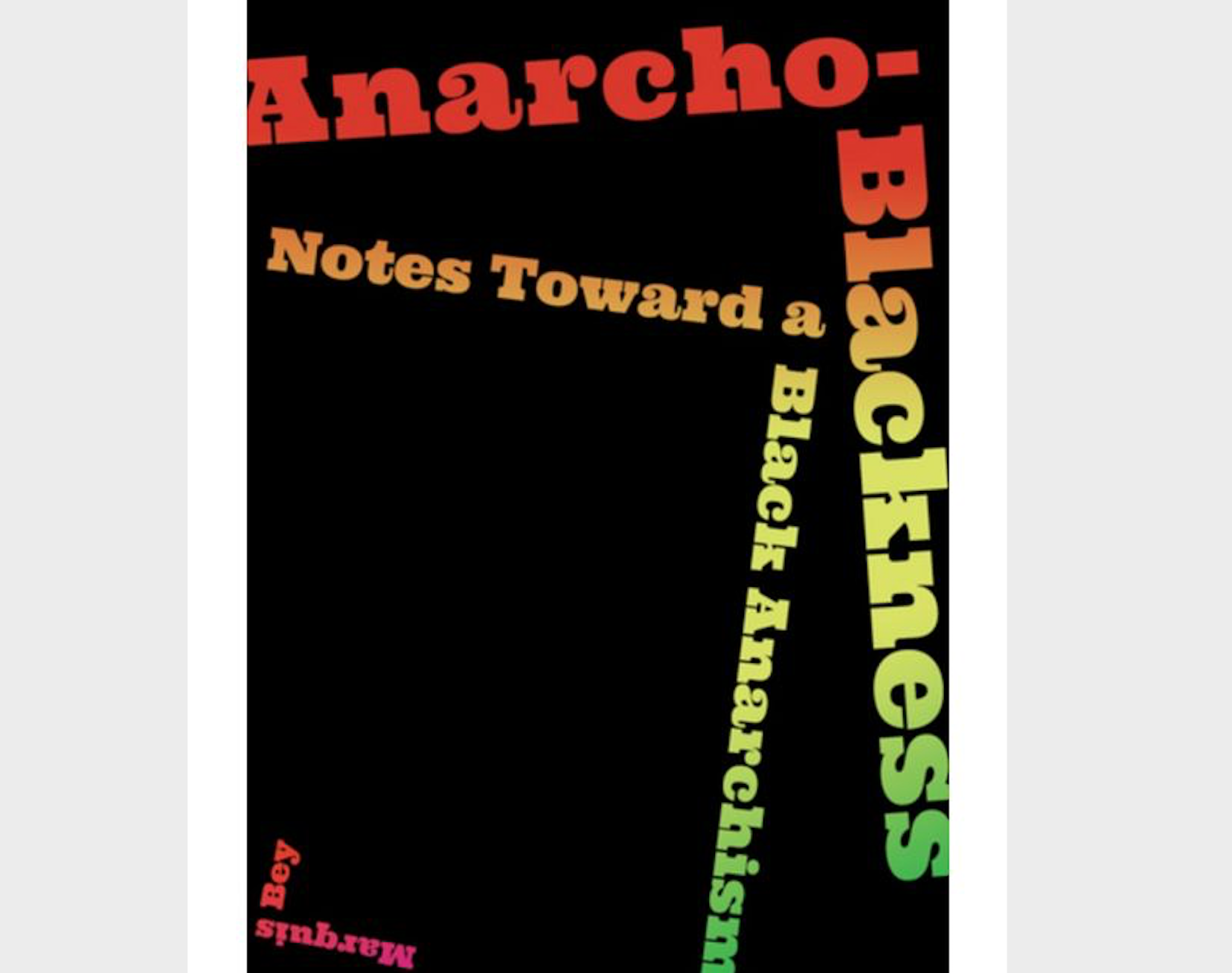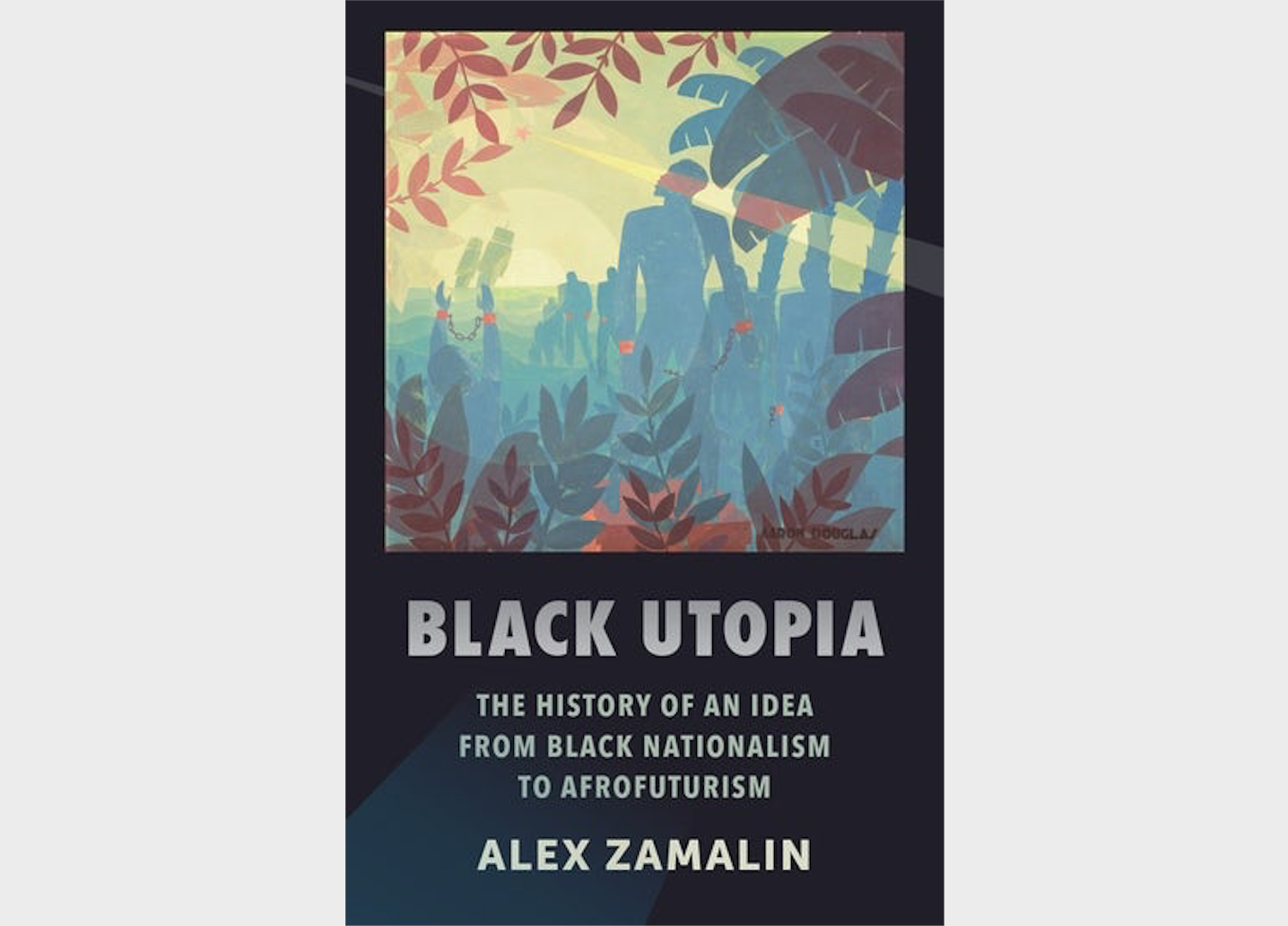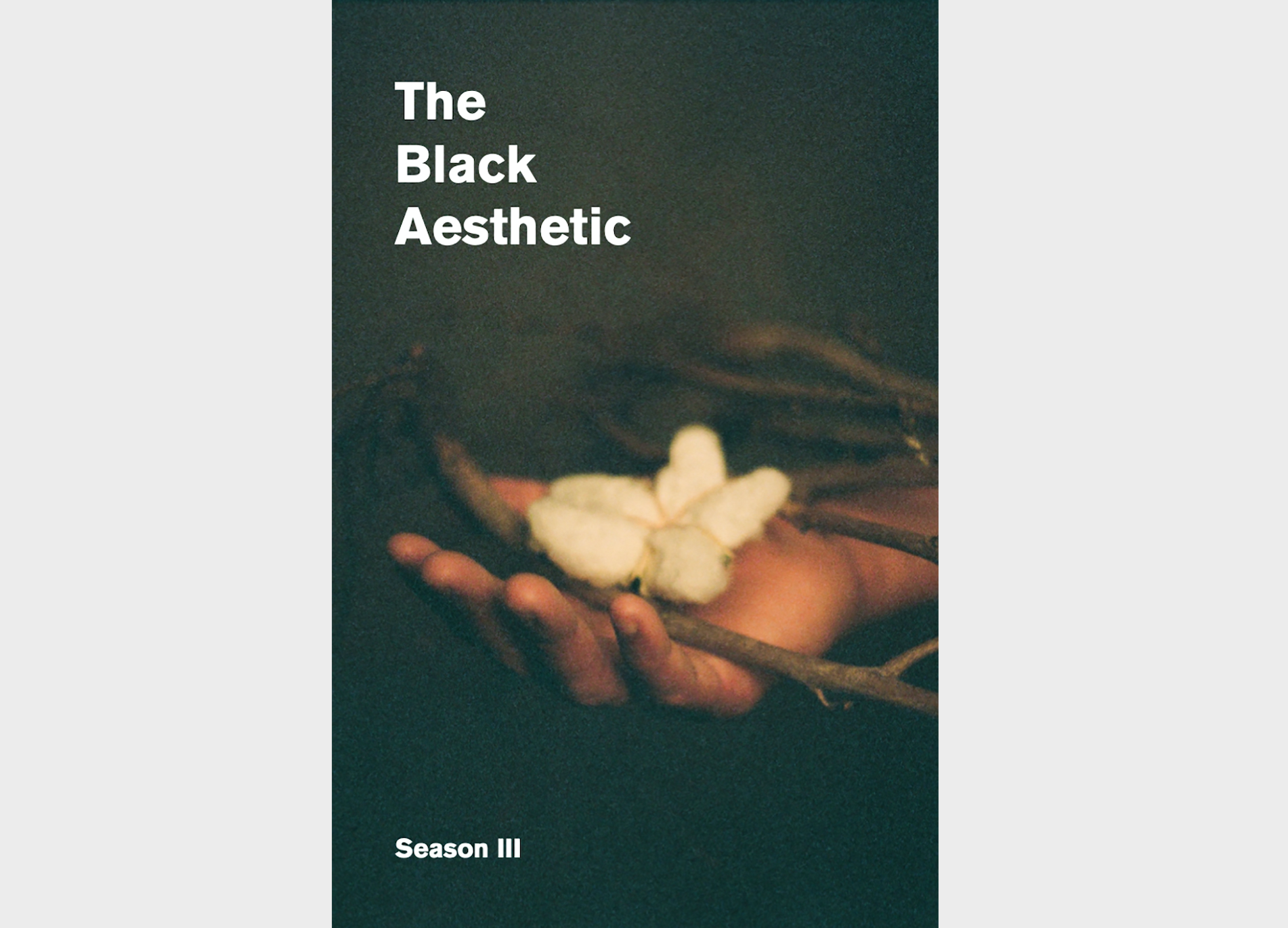Today, in the midst of the COVID-19 pandemic, the term new normal circulates ad nauseum throughout news outlets and social networks. This new normal is largely defined by a naturalization of precarity for some and the dramatic elevation of profit … Continue reading “Resilient Natures”
Category:
Peer-to-Peer Subjection During COVID-19: Detention from Below and Border Abolitionism
Martina TazzioliWith the outbreak of COVID-19, mechanisms of mass surveillance and data extraction through platform capitalism have escalated. Tracing apps, drones, and digital platforms are just a few among the many technologies that have gained center stage in the media and … Continue reading “Peer-to-Peer Subjection During COVID-19: Detention from Below and Border Abolitionism”
Recursive Colonialism and Cosmo-Computation
Luciana Parisi and Ezekiel Dixon-RománApocalypse & Universal Epistemology The apocalypse now occurring around the world is a continuation of yet another iteration of recursive colonialism. Apocalypse is about the end of the world. It is the liminal space warded off by the self-determining subject … Continue reading “Recursive Colonialism and Cosmo-Computation”
“I did it for the enduring light”: On Alli Warren’s I Love It Though
Peter ValenteIn her recent book of poetry, I Love It Though (Nightboat Books, 2017), Alli Warren looks at the world skeptically as she explores the nature of desire and the sublime in the present. Warren describes desire for a utopic, alternate … Continue reading ““I did it for the enduring light”: On Alli Warren’s I Love It Though“
Saying Her Name: What Monuments to Sojourner Truth Can Teach Us about Memorializing Black Lives
Frances CathrynIn Esopus, a small town in upstate New York, a monument dedicated to Sojourner Truth was erected in 2009 (fig. 1). Truth was born in the area then known as Swartekill, some time in 1797, and lived in bondage in … Continue reading “Saying Her Name: What Monuments to Sojourner Truth Can Teach Us about Memorializing Black Lives”
Palestinian Liberation and the Limits of the Present: A Review of Greg Burris’s The Palestinian Idea
Karim ElhaiesIn an attempt to shed new light on transnational solidarity, Greg Burris’s The Palestinian Idea: Film, Media, and the Radical Imagination (Temple UP, 2020) poses a question: How can we think of Palestinian (and Black) liberation when history repeats itself … Continue reading “Palestinian Liberation and the Limits of the Present: A Review of Greg Burris’s The Palestinian Idea“
On Julie Beth Napolin’s The Fact of Resonance
Amber Jamilla MusserIn a moment when the voices of the oppressed are ringing out across the world, Julie Beth Napolin’s The Fact of Resonance brings us toward the literary beginnings of modernism so that we can learn to listen for difference, which … Continue reading “On Julie Beth Napolin’s The Fact of Resonance“
The Politics of Aesthetics in Anticolonial Thought: A Review of Ricanness: Enduring Time in Anticolonial Performance by Sandra Ruiz
John AndrewsFrankfurt School philosopher Herbert Marcuse observes that “Art breaks open a dimension inaccessible to other experience, a dimension in which human beings, nature, and things no longer stand under the law of the established reality principle” (72). This, in short, … Continue reading “The Politics of Aesthetics in Anticolonial Thought: A Review of Ricanness: Enduring Time in Anticolonial Performance by Sandra Ruiz”
Society for Sick Societies: Hold Your Breath
Pooja RanganSociety for Sick Societies is a diagnostic project. Built as a series of episodes, each one of its vignettes sets out to analyze an expressed symptom of a sick society–a practice, pattern, gesture, proverb, or technique that seems to encapsulate … Continue reading “Society for Sick Societies: Hold Your Breath”
On Free Jazz Communism
Gabriel BristowJazz, declared saxophonist Archie Shepp in 1966, “is anti-war; it is opposed to [the war in] Vietnam; it is for Cuba; it is for the liberation of all people. That is the nature of jazz. That’s not far fetched. Why … Continue reading “On Free Jazz Communism“
On Marquis Bey’s Anarcho-Blackness
Andrew CutroneMarquis Bey’s Anarcho-Blackness: Notes Toward a Black Anarchism (AK Press, 2020) is (a) concise, necessarily unsettling, Black anarchist work. Here, the propinquity between “Black” and “anarchist” may confuse the reader, as the Black radical tradition and anarchist politics are not … Continue reading “On Marquis Bey’s Anarcho-Blackness“
Eyelines
Stephen IraWhen director Richard Williams set out to make Who Framed Roger Rabbit? in 1988, no one had really attempted anything like it before. Although, of course, people had. If you’re anything like me, for example, you remember the several extraneous … Continue reading “Eyelines”
A Love Story
Asa MendelsohnMy shoulders stiffen the first time I watch Southern Comfort (2001), the film Kate Davis made documenting the last year of Robert Eads’s life. I am aware of the eyes and bodies in attendance, late 2018. I notice my companions … Continue reading “A Love Story”
Utopia in Black
Smaran DayalThe year is 1974, the place is Central Park. The jazz musician and iconoclast Sun Ra appears in the park’s band shell “with a hundred musicians, including six drummers, ten bass players, ten trumpets, ten trombones, and three French horns.” … Continue reading “Utopia in Black”
On The Black Aesthetic Season III: Black Interiors
Yasmina PriceHow can a short, single, stable text account for a set of interpersonal, collective, cinematically ephemeral experiences? In mathematics, a fractal is a geometrical figure in which each part has the same statistical character as the whole. The Black Aesthetic, … Continue reading “On The Black Aesthetic Season III: Black Interiors“


